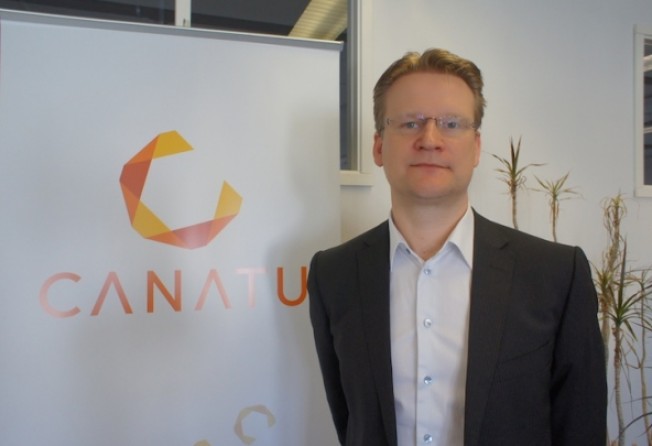Nanotechnology expert marks Asia for mass production
Discovery Reports

Pioneering a new breed of nanomaterial-based technology, Canatu is changing how electronic gadgets and appliances are being made. The nanotechnology expert is developing a versatile and environmentally friendly carbon-based component for devices such as mobile phones, tablets and even vehicle dashboards.
"We really change how electronic devices look. Our technology enables the possibility of doing things differently. It is applicable to different surface forms and shapes," says Canatu CEO Risto Vuohelainen.
As a spin-off from the Helsinki University of Technology in 2004, Canatu prospered with a series of government and private funding support. Its remarkable advancement led to its small-scale production last year.
Carbon NanoBud is Canatu's revolutionary technology that scales up the exciting touch sensor features of various consumer products in the electronics, optics and energy sectors.
Canatu's innovation reinvents electronic products, automotive control panels, mobile devices and household appliances with its custom-made 3D bendable and flexible touch sensors. These conductor films and sensors are highly transparent and optically matched, allowing unparalleled visibility compared to existing touch sensors.
To top international standards and the competitive market, the company uses environmentally friendly and cost-efficient materials in lieu of the toxic and scarce indium metal. This green invention also replaces the use of traditional materials such as silicon and metal oxides.
Infused with a US$12 million investment in March, Canatu is preparing for its mass manufacturing in Asia next year. "We need to start moving the production to Asia for the high volumes to be closer to the market," Vuohelainen says.
Canatu seeks collaborative partnerships and investors to make its technology adapt to the needs of the Asian markets. "I think China will be a huge market for us," Vuohelainen says. "That's why we are also looking for manufacturing of all essential products that most probably should be in China."